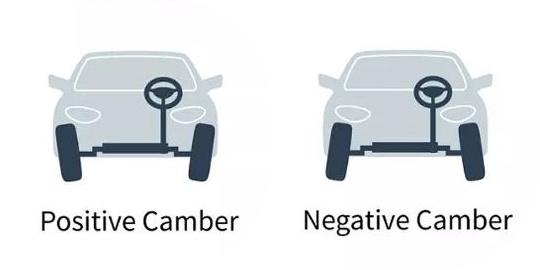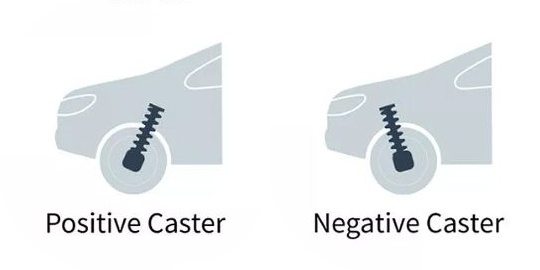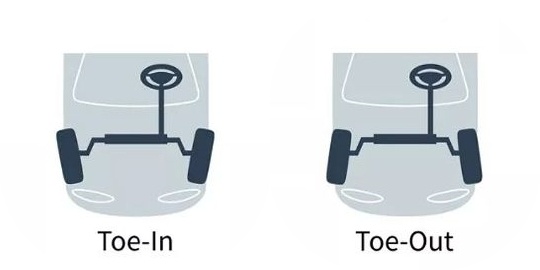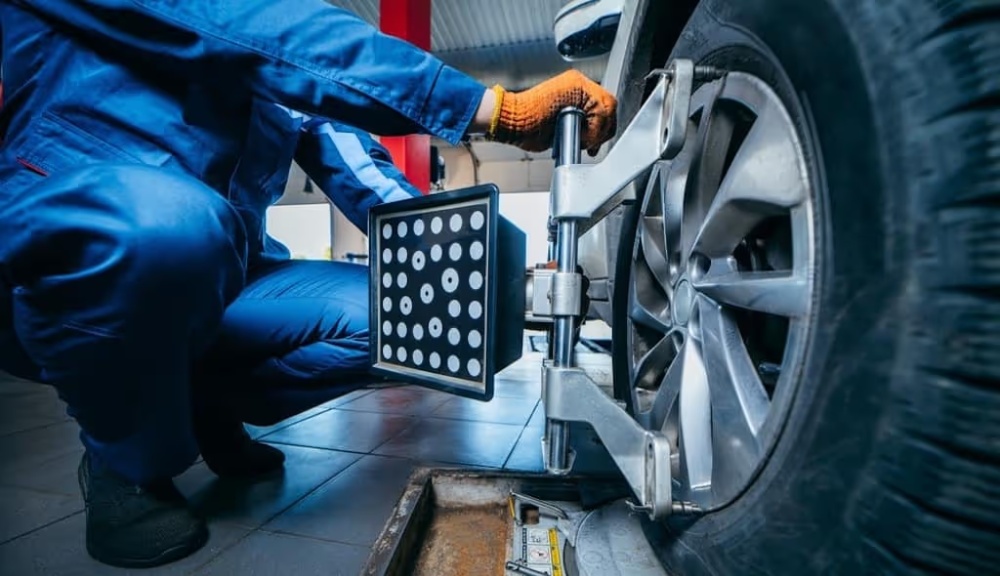Keeping your car in top shape isn't just about oil changes and brake checks. One often-overlooked yet essential service is wheel alignment. Whether you're an everyday driver or a car enthusiast, knowing how alignment works can help you spot issues early, protect your tires, and improve handling.
In this article, we'll cover the key facts you need to know—without overcomplicating the topic.
What is Wheel Alignment?
Wheel alignment refers to adjusting the angles of your car's wheels so they point in the proper direction. It's done using specialized equipment that ensures your tires sit correctly relative to the road and your car's suspension system. Proper alignment keeps the vehicle tracking straight and ensures even tire wear.
Is Wheel Alignment Important?
Yes, and here's why:
Misaligned wheels can cause your vehicle to drift, reduce steering control, and wear out tires unevenly. Over time, that means more frequent replacements, higher fuel consumption, and potential damage to the suspension. A proper alignment ensures safer driving and helps your car perform at its best.
Signs Your Car Needs a Wheel Alignment
Not sure if your car needs an alignment? Take a look at these signs:
1. The steering wheel pulls to one side
2. Uneven or rapid tire wear
3. Crooked steering wheel when driving straight
4. Vibrations or instability at higher speeds
5. Squealing tires during turns
If you notice any of these, it's time to get your vehicle checked.
Understanding Camber, Caster, and Toe Angles
These 3 angles are the core of wheel alignment:
Camber

The tilt of the wheel when viewed from the front. Too much inward or outward tilt causes uneven wear.
Caster

The angle of the steering axis when viewed from the side. It affects steering balance and stability.
Toe

Whether your tires point inward or outward when viewed from above. Incorrect toe settings can quickly wear out tires.
A skilled technician adjusts these angles to ensure precise performance.
How Often do I Need an Alignment?
A good rule of thumb is to check alignment every 1–2 years, or immediately after:
Hitting potholes or curbs
Replacing tires or suspension parts
Experiencing changes in steering or ride quality
Some drivers also include alignment checks with regular tire rotations. Staying on top of it saves money and keeps your ride smooth.

Wheel alignment may seem like a small detail, but it plays a big role in your car's safety, comfort, and long-term performance. By staying aware of alignment issues and addressing them early, drivers can avoid costly repairs and enjoy a smoother, more controlled ride.
At Winsen, we understand the importance of precision and reliability in every detail—whether it's the tools professionals use or the knowledge drivers need. That's why we're committed to providing trusted automotive solutions and education that keep your journey on the right track. Here are our wheel/tire alignments. Feel free to contact us!





